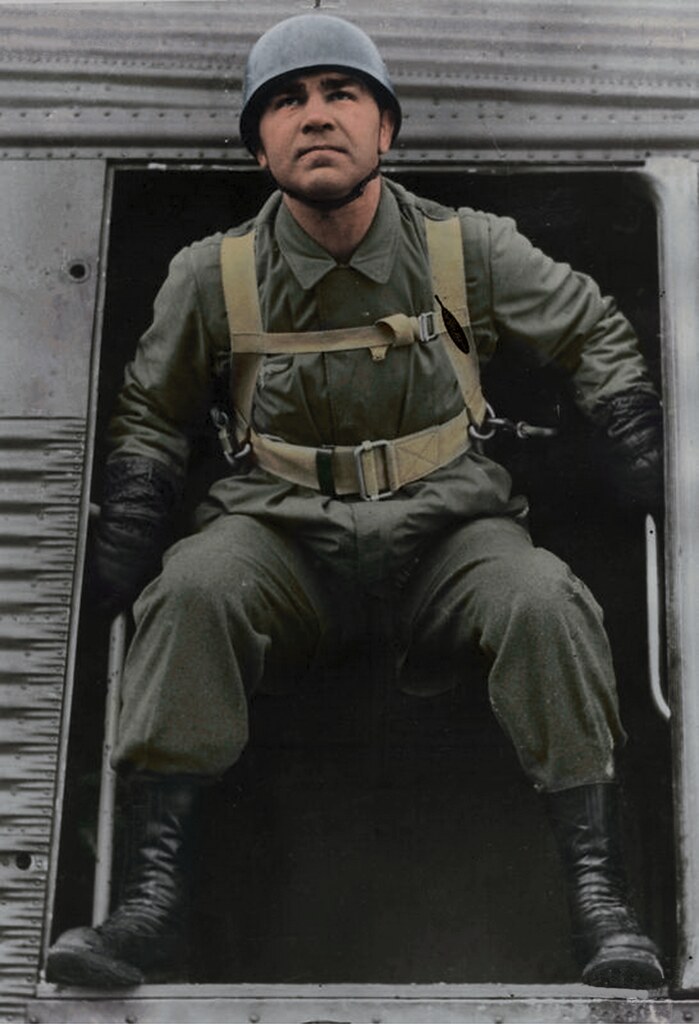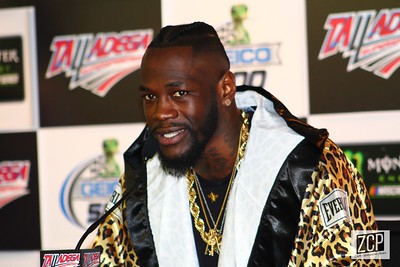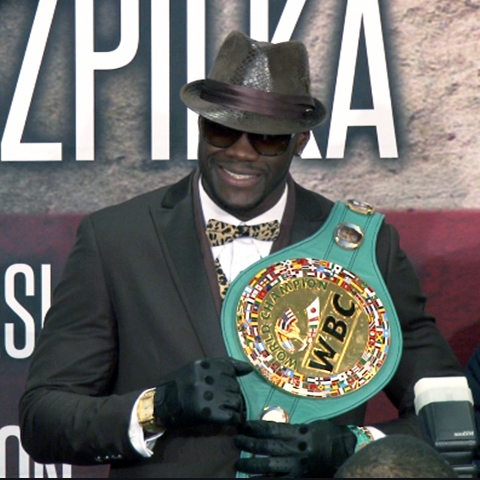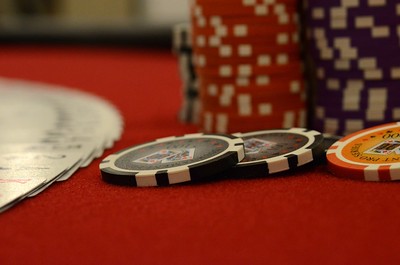The greatest boxer you may not even have heard of
Can you imagine the most evil dictator in the modern history of the world, Adolf Hitler, being powerless over anything, especially at the dawn of his dominance over Europe? Or that a German boxer with a Jewish trainer was central to the most turbulent times in Europe and the world? This is exactly the story of Max Schmeling - one of the great legends of German boxing, who to this day is one of the hidden symbols of good from the Second World War.
Schmeling comes from a modest family, and boxing turned out to be his field at the age of 7, when his boundless talent was noticed. He goes down in history as the first European to win world titles in boxing, as well as the shocking athlete who ended the absurd dominance of American boxer Joe Lewis. But this is only a small part of the German's interesting business card.
Schmeling entered the fight with Lewis as an absolute outsider, but made one of the biggest surprises in the history of this sport, since the American fighter at the time was 27 wins from 27 fights.
After the victory in 1936, however, he unintentionally became a symbol of Nazi propaganda, although he was never a Nazi. And with that, his problems begin. By this time, Schmeling's trainer was a Jew and, although Hitler ordered him to release him, the boxer did not accept the "order" and remained faithful to his trainer. However, Hitler reacted surprisingly, leaving Schmeling seemingly victorious, but declaring his victory a symbol of "Aryan supremacy", giving Schmeling the wrong image in the following years.
Two years later, in 1938, a rematch followed, in which Lewis won by knockout in the first round. Then Schmeling fought in America and was considered the absolute Nazi. The fight was presented in the US as a conflict between good and evil, and US President Franklin Roosevelt even invited Lewis to the White House before the fight, urging him to defeat Schmeling.
“Looking back now, I'm glad I lost. Just imagine what it would be like if I won and returned victorious to Germany. The Nazis were going to give me a medal even though I had nothing to do with them. After the war, they could declare me a war criminal", says Schmeling about the fight in the USA.
Defeat is both a "blessing" and a "punishment" for Schmeling. The good news for him is that the people of the regime are distancing themselves from him, but at the same time his influence is not so serious anymore. Although he maintains a good relationship with Hitler and has frequent antagonisms with Joseph Goebbels, he comes under strong pressure to release Joe Jacobs (his trainer) as well as to separate from his wife (Czech Anna Ondra). Not only did he oppose this idea, but over the years he played a key role in saving the lives of several Jews who were brutally repressed during Hitler's regime.
Largely to protect himself and his loved ones, he joined the Wehrmacht's special parachute forces as a paratrooper. Unfortunately, he gets seriously injured during training and spends a long time in the hospital to recover.
Schmeling was a paratrooper on the Eastern Front and during training in Romania in 1943 he injured his leg. Therefore, he was transferred to Belgrade for treatment, where he spent several months in the Serbian capital.
After the war, Schmeling barely survived and was forced to return to the ring for money. He fought five more times before being knocked out in the 10th round in 48 by Walter Neusel. Ultimately, however, he finished his career with 56 wins and 39 knockouts, and his return to boxing earned him enough money to start his own business.
Thanks to a peaceful life after the war and family happiness, he lived to be over 100 years old. He died in 2005 in his own home in the small town of Honestat.




